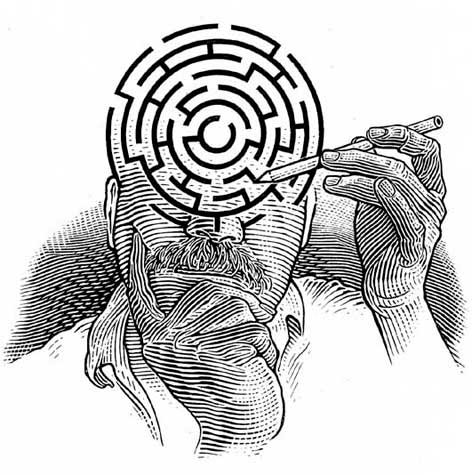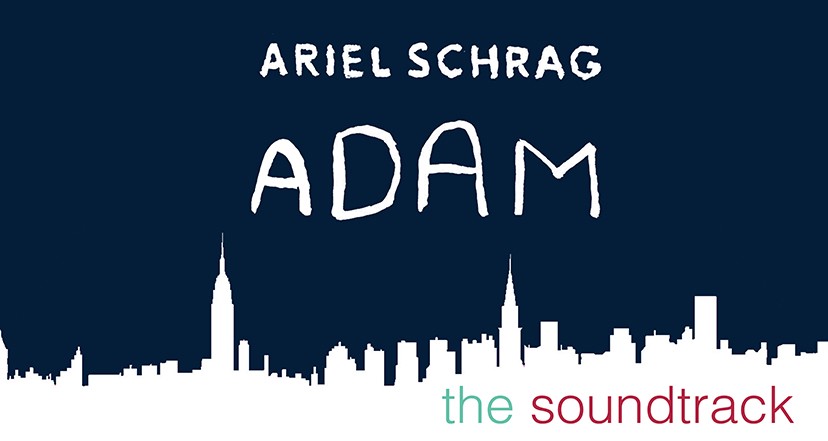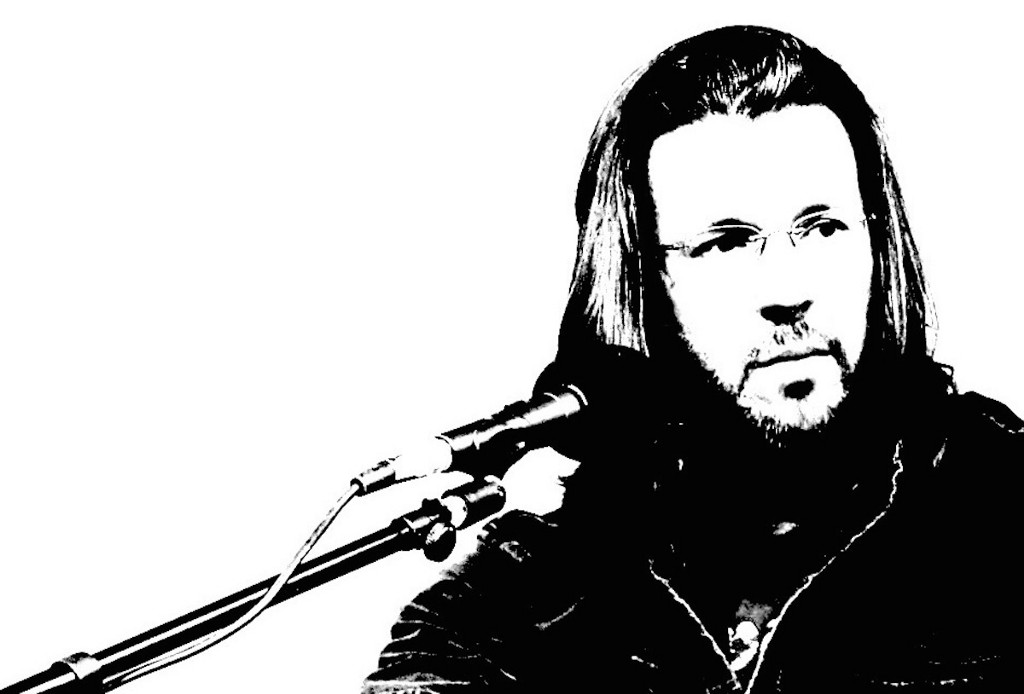Craft
THE WRITING LIFE: Writing and Mental Health

by Joseph Jaynes Rositano

Writers have it tough. It’s not just the endless rejection letters and the slim chances of making a living from their craft — it’s also their mental health.
The idea that creative writing is linked to mental abnormality is ancient: Socrates argues in Phaedrus that poetry is a form of divine madness. The literary world has lost many of its greats to suicide: Sylvia Plath, Virginia Woolf, and David Foster Wallace, to name a few. But are writers actually more prone to mental illness — or is this a myth fueled by memorable anecdotes?
In the largest study on this question (including almost 1.2 million Swedish patients), researchers found writers to have more than double the risk of schizophrenia and bipolar disorder compared to a control group of accountants. Writers also faced a greater risk of depression, anxiety disorders, and substance abuse.
The “tortured genius” stereotype isn’t limited to writers, so the researchers looked at individuals in other “creative professions” (including artists and scientists). But artists in general were only at greater risk for bipolar disorder — and even this risk was much greater for writers specifically.
Some speculate that writers become depressed or turn to drugs because of the stresses of the writing life — constant rejection and unpredictable, usually low income.
But the Swedish study shows that other artists, who endure similar hardships, don’t suffer the same behavioral health problems.
Psychiatric diagnosis is fraught — National Institute of Mental Health Director Tom Insel, M.D., slammed the prevailing diagnostic paradigm last year for its “lack of validity” — and lack of objective, biological basis. But the Swedish researchers’ results weren’t limited to diagnostic labels: they found writers faced a 50% greater risk of suicide — and the increased risk applied even to authors who had no diagnosis at all.
The Swedish researchers offer one potential explanation for their results: social drift. Individuals with severe mental illness often have a hard time holding a steady job. Some may turn to self-employment — including in artistic fields. But it’s not clear why this should apply more to writers than to other artists.
Another possible explanation can be drawn from the theory of depressive realism, which essentially claims that depressed people are depressed because they see the world as it is — depressing. They are “sadder but wiser.” Writers have to be careful observers of human nature and society. Painters and composers can take inspiration from suffering; but writers have to: drama comes from misery — comedy, perhaps even more so. Depressive realists may often be drawn to writing for this reason.
Finally, those who undergo traumatic experiences that often lead to mental health and substance abuse problems may — consciously or not — turn to writing for its therapeutic value. Research shows that by writing about their emotional experiences, people can improve their mental health and even reduce the symptoms of asthma and arthritis. Novelist and Vietnam veteran John Mulligan credits his writing with his recovery from post-traumatic stress disorder (PTSD). As he put it, “writing made me feel like I had a soul.”









